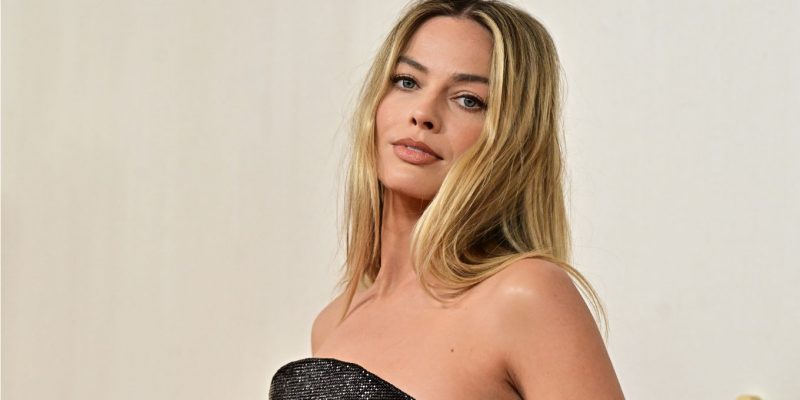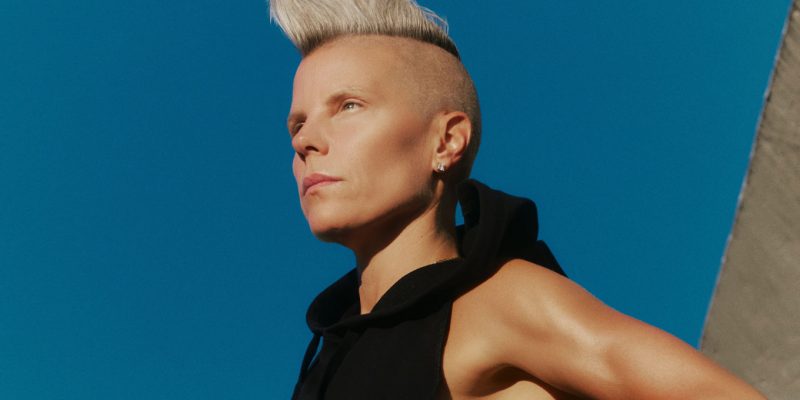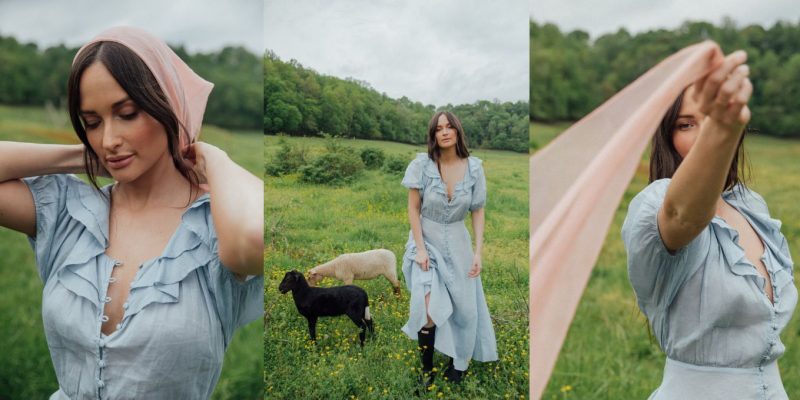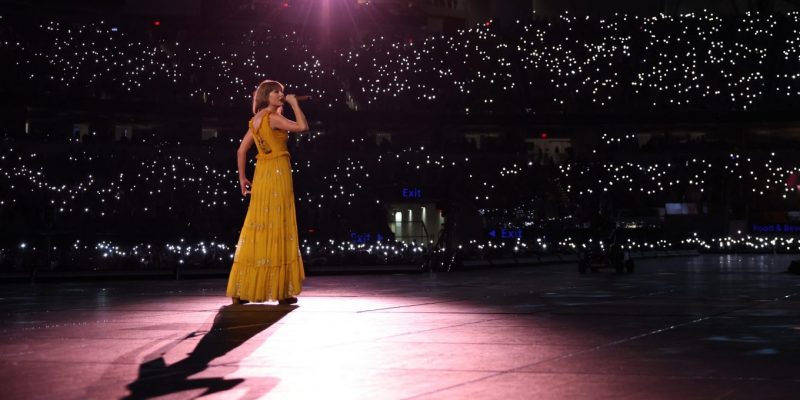Movies & TV
Time to Give Chick Lit – and its Onscreen Adaptations – The Credit it Deserves
Netflix’s new romantic drama Bridgerton is a step in the right direction.
by : Patricia Karounos- Dec 18th, 2020
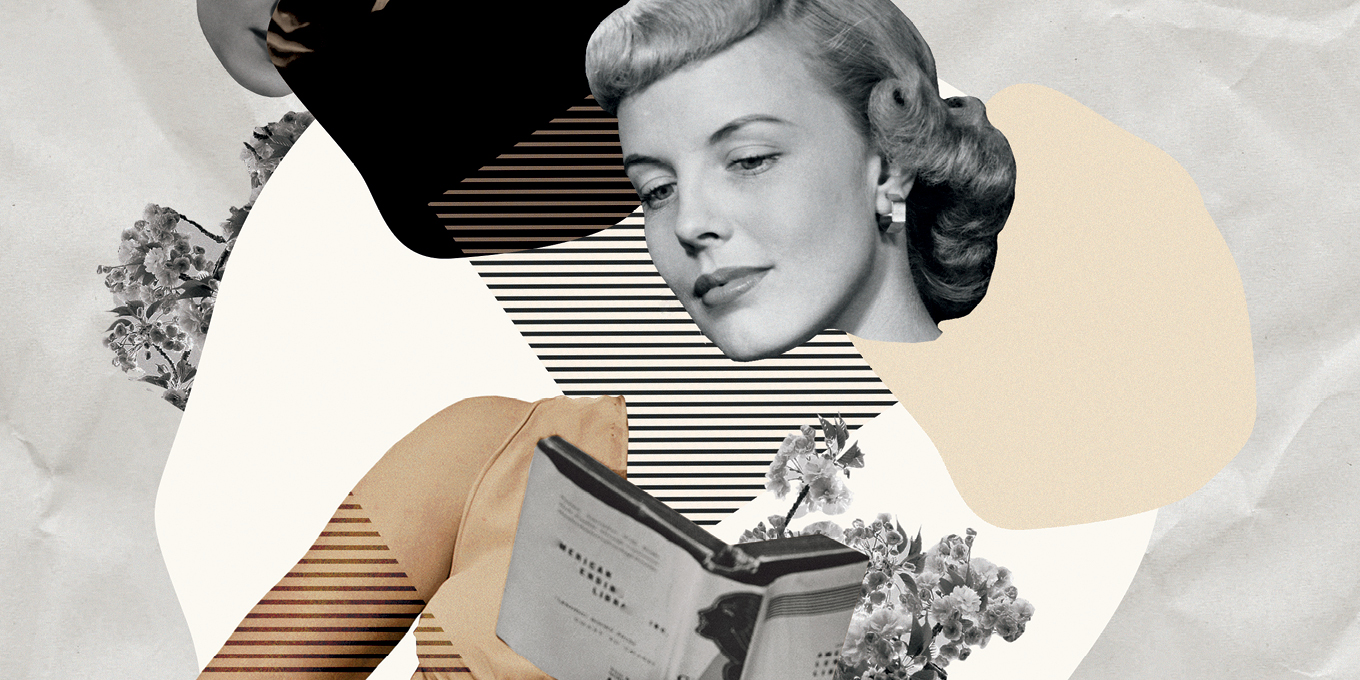
Laura Fishbaum
While roaming the hushed aisles at Indigo one day, I came to pause in front of a stack of pastel romcoms covered in cutesy illustrations when my friend—a woman with whom I often trade book recommendations—caught up with me. “Ugh,” she said, scoffing. “I hate chick lit.” I tensed up but rolled my eyes and nodded in agreement. Even though there is nothing I love more than the pure, unadulterated escapism of the genre, I desperately wanted to hold on to her respect.
I’m not the only one who loves a too-good-to-be-true meet-cute over a spilled latte. It’s estimated that the romantic-fiction genre is a billion-dollar industry. And even in the face of a declining market, NPD Group reports that e-book sales in the category rose 17 percentage points during the height of the first COVID-19 lockdown. Yet many women know the art of strategically holding a bodice-busting cover on the subway to evade the all-too-familiar judgment that comes from being outed as a reader of chick lit. “The genre features women, so it is naturally denigrated because historically women have been denigrated,” says Stephanie Harzewski, author of Chick Lit and Postfeminism.
The term “chick lit”—which Harzewski defines as any narrative in which a woman is her own heroine on a quest, whether it be one for love, career success or reinvention—is inherently condescending. Its first print usage was recorded back in the ’80s at Princeton University, when it was used to refer to feminist literary critic Elaine Showalter’s women’s lit class (behind her back, of course). At the time, Showalter, who is considered to be one of the first American academics to treat female authors as capable of creating serious work, was teaching the writing of now-widely-revered authors like Jane Austen and Charlotte Brontë. But, naturally, the genre has evolved. Books like Sex and the City and Bridget Jones’s Diary spring to mind as hallmarks—both loved by readers and detested by outsiders who sneer at them as frivolous works dressed up in high heels. Something that remains the same? No matter how popular the genre is, no matter how many blockbuster onscreen adaptations these books inspire, chick lit (and flicks) is regarded with a dismissive attitude—the gum stuck to the sole of the entertainment industry’s shoe.
Enough is enough. In recent years, bestselling so-called chick-lit authors, like Me Before You scribe Jojo Moyes, have been advo- cating for putting an end to the label. In Entertainment Weekly, author Julia Quinn—whose hugely successful, deliciously dramatic Regency-era Bridgerton series has been adapted for Netflix by Shonda Rhimes’ production company—called out the industry for not seeing value in her romance-heavy subset of the genre. “There’s nothing to be ashamed about for loving romance novels,” says Chris Van Dusen, executive producer of the Bridgerton TV series, which is set to start streaming on December 25. “They’re fun, they’re juicy and there’s an element of escapism. But we’re going further than that. I was struck by the modernity of the Bridgerton books. They’re smart and fresh. The themes we’re exploring are relatable to today’s audiences and are very spirited.”
If there’s anyone we can trust to hold an oft-belittled genre in high esteem, it’s Rhimes, who has dedicated her career to building inclusive universes with a multitude of flawed, realistic women at their cores. Yes, these books (and their adaptations) are usually dealing with first-world problems—not everything can be War and Peace, and to imply that the women who both write and consume these stories don’t realize that is, frankly, insulting—but they’ve also grown and adapted to the world just as we have. A woman does not have to be in constant, unimaginable pain in order for her story to be taken seriously. And we are not less deserving of respect because at times we’d rather sink into a book about a woman’s misadventures in love than be forced, once again, to confront a story in which we are treated as less than.
Harzewski’s solution? We have to change how the genre has been framed for decades. “Chick lit—or heroine-centred literature—creates a subjective space and an emotional life for women to contemplate their own journeys,” she says. “The spirit of the genre identifies with a yearning for something more. We have to take those voices seriously.”
Meet the players
Breaking down the entanglements in Netflix’s sweeping, lavish adaptation of Bridgerton.
The Bridgertons
A rambunctious, loving family of eight children—including dutiful Anthony and no-nonsense Eloise. Season one finds Daphne (Younger’s Phoebe Dynevor), the family’s eldest daughter, out on the debutante circuit looking for true love. “Daphne doesn’t fit into any boxes,” says Dynevor. “She has the elegance of Audrey Hepburn and the quirkiness of Bridget Jones.”
The Featheringtons
The somewhat-outlandish, somewhat-outcast in-your-face “new money” family—whom the cast and crew had taken to calling the Kardashians of the series on-set—is grounded by whip-smart Penelope (BFFs with Eloise), a fan-favourite character who is played with warmth and wit by Derry Girls scene-stealer Nicola Coughlan.
The Duke
Simon Basset (For the People’s Regé-Jean Page) is the dashing yet tortured man all of society is chasing after. A Shondaland regular, Page was well equipped for the breakneck speed that comes with Rhimes’ productions. “It freaked out the British actors because they’re not used to scripts like this,” he says. “It’s sexy and kinetic, and that’s why it will pop like a diamond.”
Lady Whistledown
The OG Gossip Girl, this sharp-tongued writer—who’s voiced by the Julie Andrews, nbd—throws the debutante season into an utter frenzy with her anonymous gossip column. “Julie Andrews is a legend, and she’s incredible,” says showrunner Chris Van Dusen. “Viewers are going to be really surprised by some of the things they hear her say.”
Read more:
Get Your Style Fix at the Canadian International Fashion Film Festival
Blackpink Gets Real in New Netflix Doc
Emma Corrin on Portraying the Happiness of Princess Diana’s Life
Newsletter
Join our mailing list for the latest and biggest in fashion trends, beauty, culture and celebrity.
More from Movies & TV
Read Next
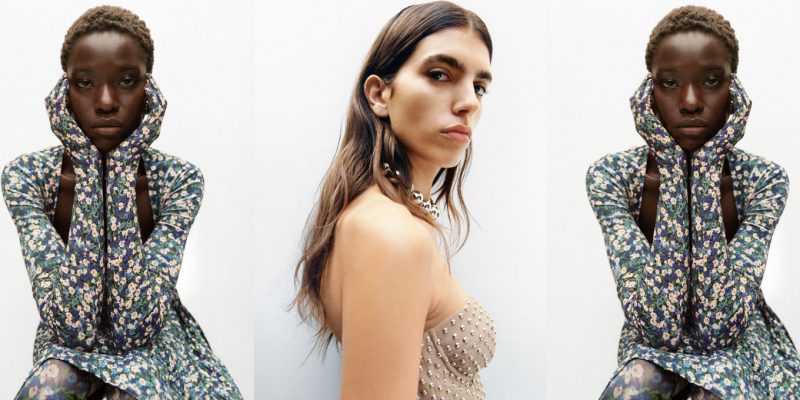
Fashion
H&M's Latest Designer Collab With Rokh Just Dropped (And It's So Good)
We chatted with the emerging designer about the collaboration, his favourite pieces and more.
by : Melissa Fejtek- Apr 18th, 2024
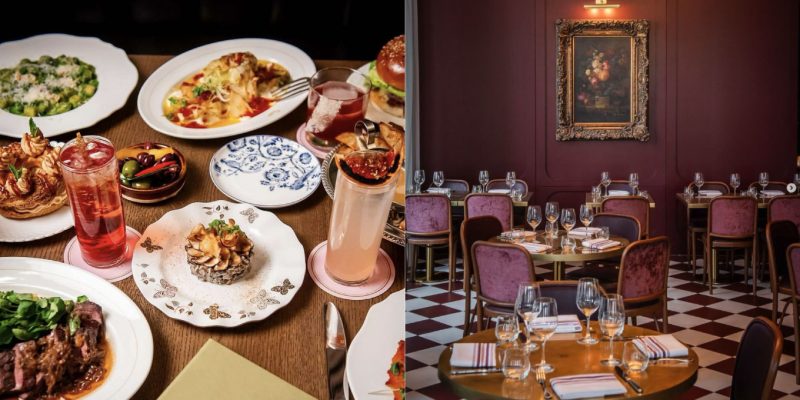
Culture
5 Toronto Restaurants to Celebrate Mother’s Day
Treat your mom right with a meal at any of these amazing restaurants.
by : Rebecca Gao- Apr 18th, 2024

Culture
This University Elevates Women to New Professional Heights
You shouldn’t have to pause your life to move forward in your career.
by : ELLE Canada- Apr 16th, 2024

